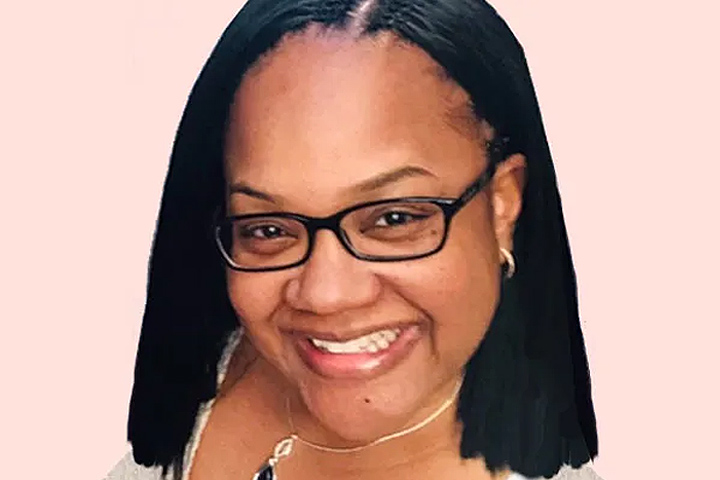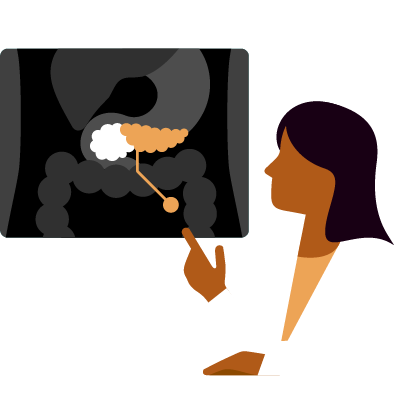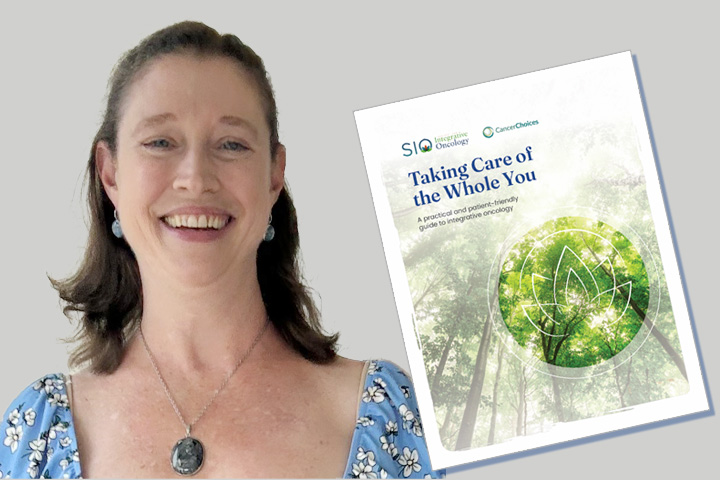What Exactly Does an Oncology Pharmacist Do?

When it comes to treating cancer, you have probably envisioned working with doctors and nurses.
The truth is that cancer care requires a team effort that includes a variety of healthcare professionals. And pharmacists are part of that equation.
Sure, your drugstore pharmacist dispenses medications to cancer patients, but you can also find pharmacists caring for cancer patients in other places such as hospitals, clinics, infusion centers, and research institutions. In the cancer world, pharmacists who work in these areas team up with your doctor to help solve and prevent problems related to the cancer treatment you receive.
“Cancer is a complex disease, and having a pharmacist helps to ensure that the overall process runs more smoothly by being a flexible liaison between all modalities of healthcare and the patient,” says Dr. Tammy McClellan, PharmD, a clinical oncology pharmacist at Riverside Healthcare in Kankakee, Illinois. “An oncology pharmacist is responsible for assisting in the decision-making process to make sure every patient receives the best treatment for their cancer type and individual genetic make-up.”
Making Sure Cancer Patients Get the Correct Drugs
Pharmacists who specialize in cancer treatment perform a variety of important duties, which include verifying treatment selections, chemotherapy doses, dose frequency, drug interactions, as well as preparing the final products. But their duties don’t stop there.
Perhaps a less-obvious task of equal importance is ensuring safety during the preparation and handling of chemotherapy, according to the Hematology/Oncology Pharmacy Association. For example, some chemotherapy drugs used to treat cancer must be compounded, or prepared from scratch.
In such cases, these drugs often come from the manufacturer in an undiluted powder or liquid concentrate, although a few may also be frozen. However, these drugs are usually too strong in their pure form and cannot get into the body as they are. So the drugs must then be prepared for use at a dose specifically designed to meet your body’s needs before being injected into places like your veins or the tiny space between your brain and your spinal cord. To do this, the pharmacy staff may mix the drugs with a water-based solution that contains substances such as salt.
Another important thing to know is that chemotherapy medications can cause harm to people who do not have cancer. The people preparing and administering these medications must handle them carefully. While pharmacists and their support team prepare these medications, the pharmacist also works to limit the exposure they and their team receive to these medications.
Overall, the care you would receive for pancreatic cancer does not differ from the care you’d receive for other cancers, according to McClellan. However, because pancreatic cancer is usually diagnosed in later stages, it requires “an aggressive approach” as soon as possible.
More “aggressive” treatment means that you will likely receive more than one type of medication to treat your cancer. “Patients with pancreatic cancer are more likely to receive a combination or infusion therapy instead of oral therapy alone,” she explains.
The Pharmacist’s Role in Cancer Treatment
Pharmacists who specialize in treating cancer patients also play what McClellan describes as “proactive [roles] in symptom management and supportive care.” In the process, they counsel patients and address any concerns that may arise from the patient or the caregiver.
To paint a better picture of how this work, she outlines the oncology pharmacist’s interaction with your oncologist, your caregiver, and you as follows:
- Oncology pharmacists will examine your medical results and characteristics while considering all possible courses of treatment;
- Next, they will review the information with your oncologist to determine the best treatment plan for you;
- Your oncology pharmacist makes sure the medical team has all lab tests, medications, and necessary documents—like insurance approvals and referrals—have been received;
- The pharmacist will schedule an appointment with you to let you know the details of your treatment, educate you on your therapy, and answer questions;
- Your oncology pharmacist will continue to monitor how well your body responds to treatment on a regular basis throughout the entire time you receive cancer treatment. He or she will also continue to remain a resource for you and your oncologist.
Despite the critical roles they play in caring for cancer patients, not all patients who have cancer have access to an oncology pharmacist. According to McClellan, these kinds of pharmacists “are not legally mandated in all areas of healthcare.”
Also, some places, such as rural communities and poor areas, typically have fewer resources and may be less likely to employ medical professionals who provide special services such as those McClellan provides.
McClellan encourages all patients to become active in their own care—regardless of whether you have an oncology pharmacist. “Every individual has a responsibility to be his or her own health advocate,” she advises. “Know your body, trust your instinct, and learn the risk factors and symptoms of pancreatic cancer.”
In other words, you, the patient, play just as important a role in your healthcare as your medical team. “Take every opportunity to control the areas of your life that you can and maintain balance,” McClellan adds.
Now that you know more about how an oncology pharmacist can help you in your cancer journey, becoming your own health advocate should be easier to do.
Why Are Some Pharmacists Called “Doctor”?
As you may have learned from reading this article, pharmacists don’t just work behind the counter. They work in many different settings. Also, the training you need to become a pharmacist has expanded over the years. Originally, all pharmacists had to have a Bachelor of Science in Pharmacy to work in their field. But now they must have additional education—a doctoral degree. In fact, anyone graduating from pharmacy school today has to have a doctorate in pharmacy, also known as a PharmD, to work as a pharmacist. Because this is a doctoral degree, people who have a PharmD have earned the title “Doctor,” after a minimum of six years of specialized education.
In addition, pharmacists who practice (care for patients) must get registered, or licensed, in the state where they practice. So, just like a doctor sits for a board exam and a lawyer sits for the bar, a pharmacist must sit for a board exam, too. Once pharmacists get licensed, they earn the distinction of “Registered Pharmacist,” usually abbreviated as “RPh.”






